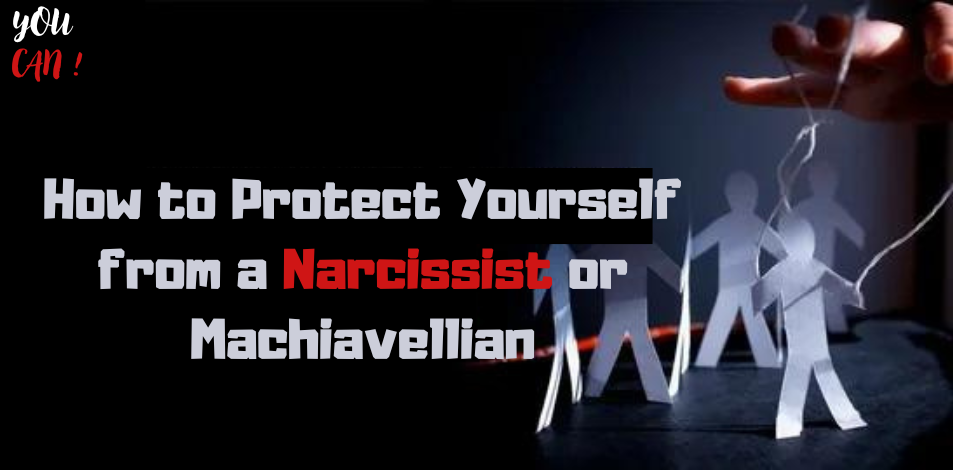
The number of “asymptomatic psychopaths” in the United States is estimated to be between 5 and 15 percent of the population (Schouten, 2012). Asymptomatic psychopaths include those with malignant narcissistic personality disorder, Machiavellianism, and individuals with psychopathic tendencies without the more severe behaviors that would lead to incarceration. In other words, “they’re not bad enough to go to jail, but they’re bad enough to make your life terrible” (Baker, 2016). Let’s say you have 100 contacts daily—say, the total number of coworkers, family members, and/or social media users you interact with. It’s very likely that as many as 15 of those people are deceitful, manipulative, and lack empathy. That prospect is scary in itself, but it’s much worse for someone who lives or works with such a person. Anyone who routinely interacts at home or at work with an individual who exhibits these personality traits will feel taken advantage of, uncaring, and betrayed. You may also find your job threatened or your bank account emptied. There are often emotional and practical consequences in these situations.
Once you can identify these feelings and the person who is repeatedly triggering them, you can protect yourself from further harm. The standard advice any mental health professional should follow is to walk away as soon as possible.
Of course, this can be done quickly in some circumstances (another passenger, a particular “friend” on social media), but it will be more complicated when the perpetrator is a spouse, close family member, or co-worker. In these cases, some steps can be taken to reduce the likelihood of further harm to yourself. Since this is a complex topic with many different factors, I will try to narrow my focus here to the steps one might take when the perpetrator is a spouse or other family member. Here are some “dos” and “don’ts” for dealing with narcissists, Machiavellians, or other non-clinical psychopaths in your life.
Do:
Set boundaries and stick to them. Ask yourself, “What am I not going to put up with anymore?” Get professional help as needed to set healthy boundaries that include limits on what you can continue to live with as well as limits on what you are willing to do for the offender.
Related : Narcissists: Walk Away Before Relationships Turn Toxic
Accept the reality of his or her personality and behavior. As expert Martha Stout notes, you may follow the “rule of three.” If an adult has deceived you three times, it’s a strong sign that he or she lacks a conscience. “Deceit is at the heart of dishonest behavior” (Stout, 2006). Don’t assume that he or she will eventually change because he or she is “a good person.”
Be aware of your weaknesses, and manage them. For example, if your offender has triggered your tendency to blame or criticize yourself, seek out other family members or friends who support you. Your weakness may be overempathy and falling into the “pity game.” According to Stott, “The most reliable sign and most common behavior of unscrupulous people is not, as one might imagine, an appeal to our fear. It is, perversely, an appeal to our compassion.”
Build supportive relationships. Turn to trusted friends, or seek out support groups, to get out of the grip of toxic people in your life. Talking to others about the problems the perpetrator has caused can also help you see the situation in terms of the facts so you can respond more wisely.
Try to identify win-win outcomes, whenever possible. This is especially effective with Machiavellian types. Machiavellians are mostly driven to get a positive outcome for themselves but have no problem with you getting a good outcome, too. The exchange makes perfect sense to him or her and there is no need to prove superiority, as might be the case with a narcissistic perpetrator.
Don’t:
Don’t rely on promises made by the perpetrator. Remember, deception is a common tactic these individuals use to manipulate others. They are experts at appearing serious and innocent, as well as appealing to your trusting nature or sympathy.
Don’t give out information that is too personal to put your safety at risk. Don’t allow yourself to be emotionally vulnerable to the abuser. They don’t have your best interests at heart.
Don’t try to outsmart them. They are experts at their game, especially the Machiavellian types. They are likely to recognize what you are trying to do and then double down on their efforts to manipulate you.
Don’t take their words or behavior toward you as an indicator of your self-worth. As Malkin (2018) notes, “People with Machiavellian traits are (more) likely to be aware of how you are being mistreated—and who they are targeting.” They have a sixth sense for those of us who tend to be trusting, open, or emotionally vulnerable. These are not negative traits; in fact, they are wonderful traits in the context of caring relationships. However, they make one more vulnerable to exploitation by professional manipulators and in the context of unhealthy relationships. You, simply by your humanity, deserve relationships that are characterized by honesty and kindness. Don’t let the Machiavellians, narcissists, or other non-clinical psychopaths in your life convince you otherwise.




